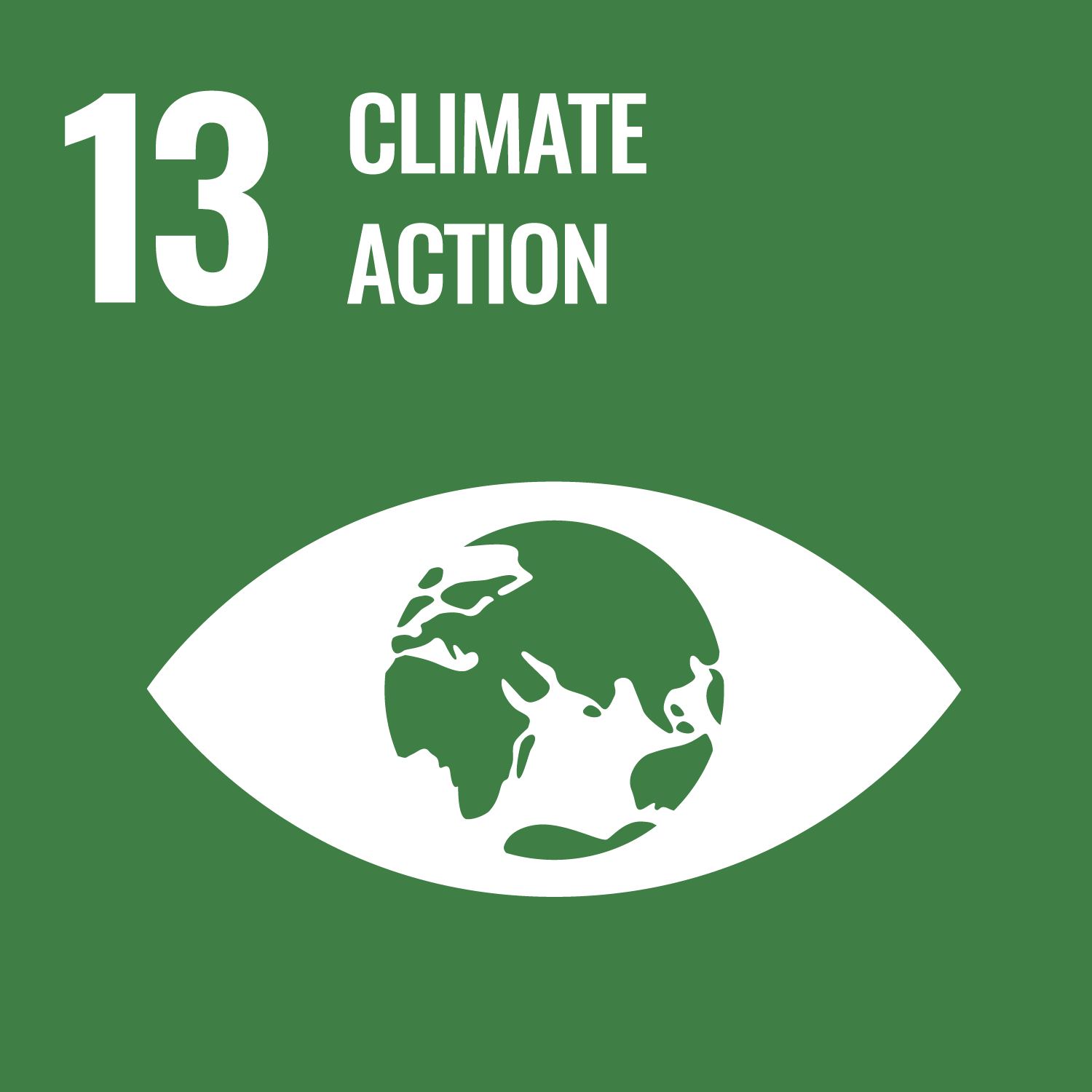Abstract
Understanding and managing the response of marine ecosystems to human pressures including climate change requires reliable large-scale and multi-decadal information on the state of key populations. These populations include the pelagic animals that support ecosystem services including carbon export and fisheries. The use of research vessels to collect information using scientific nets and acoustics is being replaced with technologies such as autonomous moorings, gliders, and meta-genetics. Paradoxically, these newer methods sample pelagic populations at ever-smaller spatial scales, and ecological change might go undetected in the time needed to build up large-scale, long time series. These global-scale issues are epitomised by Antarctic krill (Euphausia superba), which is concentrated in rapidly warming areas, exports substantial quantities of carbon and supports an expanding fishery, but opinion is divided on how resilient their stocks are to climatic change. Based on a workshop of 137 krill experts we identify the challenges of observing climate change impacts with shifting sampling methods and suggest three tractable solutions. These are to: improve overlap and calibration of new with traditional methods; improve communication to harmonise, link and scale up the capacity of new but localised sampling programs; and expand opportunities from other research platforms and data sources, including the fishing industry. Contrasting evidence for both change and stability in krill stocks illustrates how the risks of false negative and false positive diagnoses of change are related to the temporal and spatial scale of sampling. Given the uncertainty about how krill are responding to rapid warming we recommend a shift towards a fishery management approach that prioritises monitoring of stock status and can adapt to variability and change.
DOI Link
Publication Date
2024-03-08
Publication Title
Frontiers in Marine Science
Volume
11
Acceptance Date
2024-02-19
Deposit Date
2025-01-17
Additional Links
Keywords
Antarctic kill, ecosystem monitoring, fishery management, new technologies, population change
Recommended Citation
Hill, S., Atkinson, A., Arata, J., Belcher, A., Nash, S., Bernard, K., Cleary, A., Conroy, J., Driscoll, R., Fielding, S., Flores, H., Forcada, J., Halfter, S., Hinke, J., Hückstädt, L., Johnston, N., Kane, M., Kawaguchi, S., Krafft, B., Krüger, L., La, H., Liszka, C., Meyer, B., Murphy, E., Pakhomov, E., Perry, F., Piñones, A., Polito, M., Reid, K., & Reiss, C. (2024) 'Observing change in pelagic animals as sampling methods shift: the case of Antarctic krill', Frontiers in Marine Science, 11. Available at: 10.3389/fmars.2024.1307402



